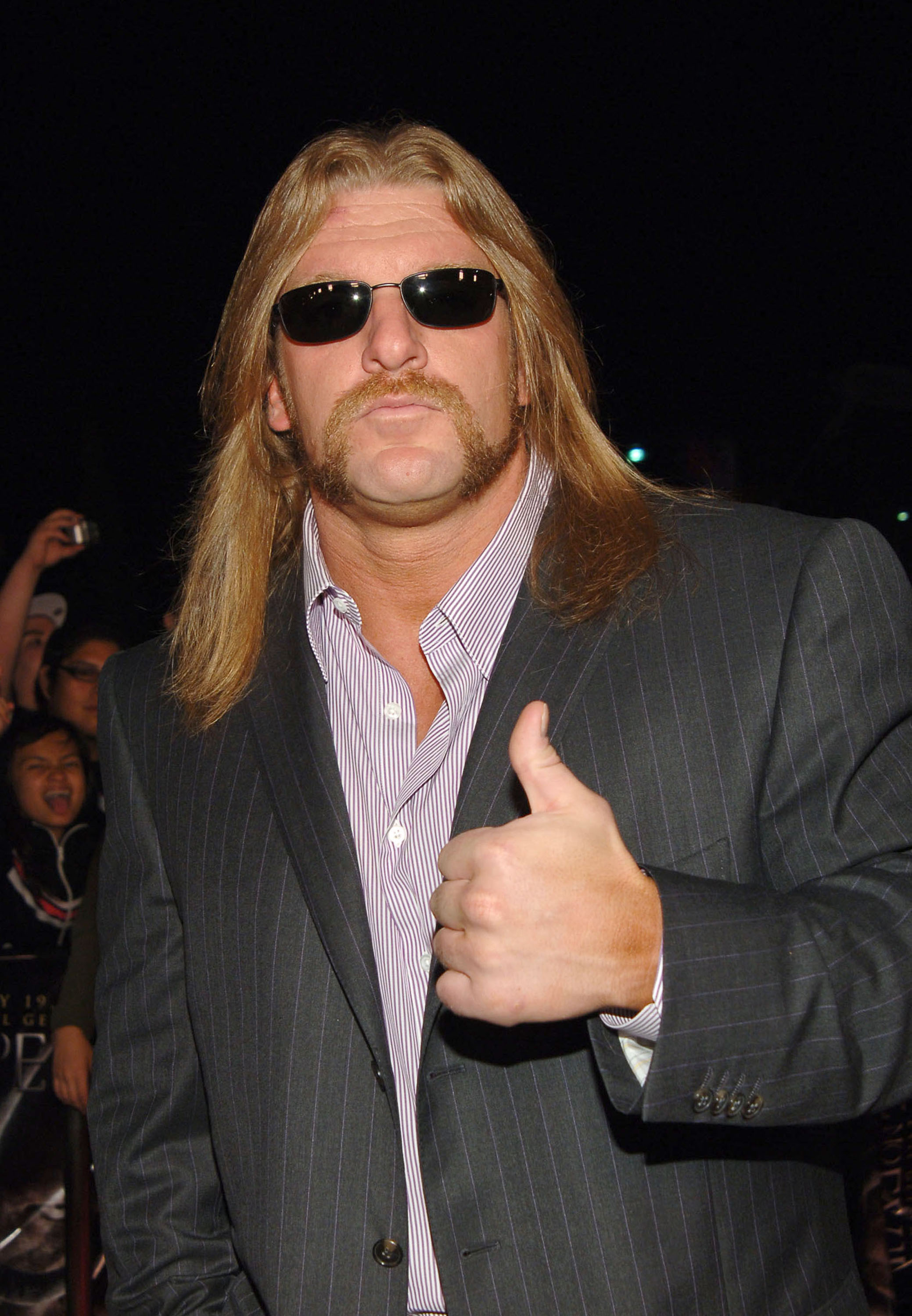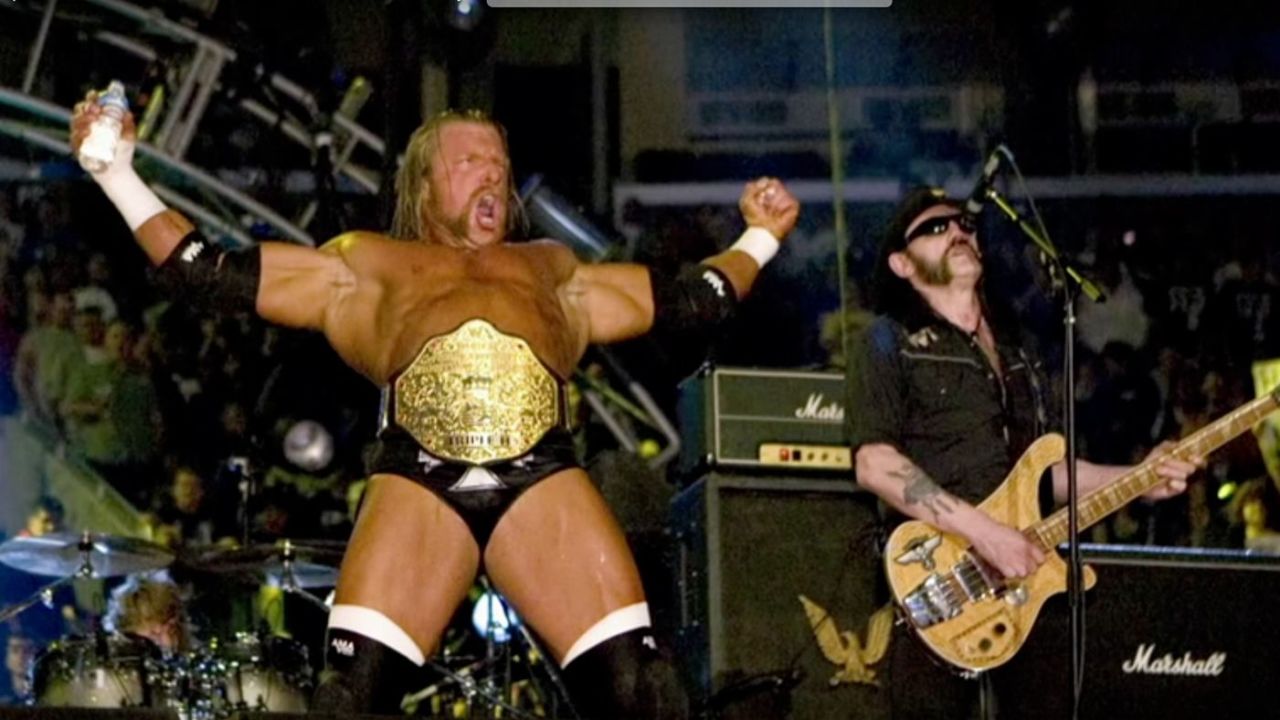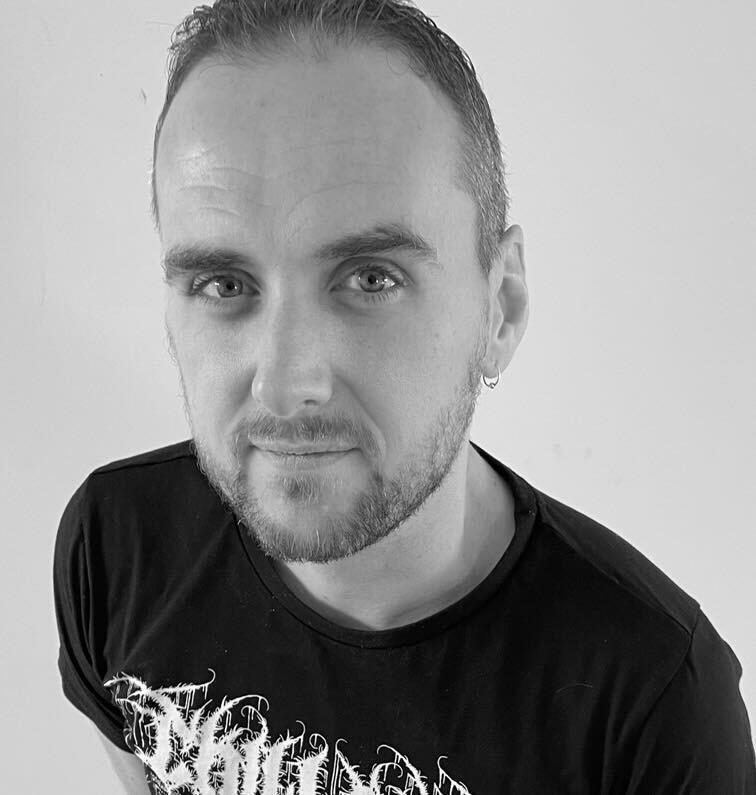When Hammer first contacted WWE to find out if their Executive Vice President, Paul Levesque - known to millions as pro wrestling legend and current World Heavyweight Champion Triple H - would be willing to talk to us about the recent passing of Ian ‘Lemmy’ Kilmister, we weren’t immediately certain we’d get a response, let alone an interview.
While pro wrestling’s relationship with heavy music continues to evolve and expand - Triple H himself recently suggesting that WWE developmental brand NXT could hit UK festivals - attempting to penetrate the company’s HQ to get time with one of their most high-profile alumni was, on the face of it all, a rather big ask. And yet, a matter of days later, there we were, on hold to the office of one of the busiest men in showbiz, about to wax lyrical for half an hour about one of the all-time greatest.
That Levesque - a man who, alongside his countless corporate and ambassadorial duties, also still regularly appears on camera as an on-air authority figure and occassional active wrestler - was willing to down tools to talk about a man he has come to consider both an idol and a dear friend speaks volumes of just how immediately and widely the impact of Lemmy’s death was felt, and as we soon discovered, it was an impact the WWE icon has felt keenly.
What was it like speaking at Lemmy’s funeral? You were standing up in front of some of your own rock and metal heroes.
“When they asked me to do it, I asked them, ‘Are you asking me because you want me to do this, or are you asking me because you think I want to do this? Because if it’s because you think, ‘Oh, H would probably want to speak,’ then I won’t do it’. They said it was because they wanted me to do it, and so yeah, I was sat with Gene Simmons in the front row, and Ozzy’s just behind me, and then I’m up there in front of the Metallica guys and Dave Grohl and Dee Snider from Twisted Sister. These people are peers and friends of his, so I was definitely out of my comfort zone. I was honoured to be amongst those people, and I made a point of saying that at the start.”
Have you always been a big Motörhead fan?
“I got into them as a kid. I was really into the more metal, or heavy rock, side of things, especially the British bands. It was when the Iron Maidens were coming through, a really great time for music, but I remember I heard Motörhead, and it was just totally different to anything I’d ever heard before. It was so heavy, so raw and powerful, and Lemmy’s voice was just so different to everything else out there. Metal at that time, there was a lot of high-pitched vocals, but Lemmy’s was this low, guttural rumble. It was just totally different, and I was blown away by it.”

Did you go and see them in those early years?
“I never got to see them back then – I saw a few bands, but the doors just didn’t line up or whatever – but I met Lemmy for the first time in LA [in 2001], and this was after they’d recorded the Game theme. I met Lemmy, Phil and Mikkey at the same time, they came backstage after a show, and yeah, they were just sat there on the couch, and I think you could say me and Lem hit it off!”
That must have been pretty cool!
“I ended up going to a couple of Motörhead shows and they came down to some WWE shows, and I ended up actually recording with Lem on a track on the Hammered album [in 2002]. It’s this spoken-word track, Serial Killer, at the end of the album, and we did it over a couple of days in the studio. Eventually we could hang out and we could talk for hours and it wouldn’t even be about music or about my business, we’d just talk. We just had a connection there, and I’d only see him once a year sometimes – he was never really a phone chat kinda guy! - and we’d talk, and then he’d say, ‘I gotta go’ and then he’d be off and I’d see him a year later.”
Doing the Game theme and connecting with the WWE audience became a big part of Motörhead’s identity moving forwards.
“It’s funny; after Motörhead did The Game, Lemmy used to say to me that there were a lot more younger kids at Motörhead shows. You’d get people that’d have heard of Motörhead, but they’d think it was, like, a biker brand or something, like, ‘I’d heard of these guys, but I didn’t know they sounded like this!’ They were just so different to anything else [being used in WWE] at the time. And after I posted on social media after he passed away, a lot of people replied to me saying, ‘Thank you for getting me into Motörhead’. That meant a lot to me. We also got some [WWE] flags made for the funeral, and it was really cool seeing those up there as well.”
It seemed like you and Lemmy became great friends along the way.
“When we did an interview together a few months ago, they asked him what he thinks about our relationship, and I’m sure I’ll get the exact quote wrong, but he basically said that in life you sometimes just have a connection with people. That was really cool!”
So ultimately, what can you say about Lemmy the Man as opposed to Lemmy the ‘Rock Star’?
“The thing with Lem is, he’s not someone that puts on a costume and then goes up on stage and becomes someone – he just gets up, and he goes up on stage, and that’s him. That’s just Lem. He’s that guy you see up there; there’s no pretence, no ego, and off it he’s the warmest, most generous guy going. You know, you could go into the Rainbow in LA, and right on this little stool at the end of the bar, he’d always be sat on there playing his game, and people could just go up to him all the time and talk to him, like ‘Hey man, I’m a huge fan of yours’ or whatever, and he’d be totally cool with it. That was just him. That was just who he was.”
To read further tributes from Triple H and many more, pick up our special Lemmy tribute issue, out now

